Google’s advertising revenue grew to $95.3 Bn in 2017. This essentially means that almost every brand that has any business which requires some kind of online presence, is going to find it competitive to advertise on Google. It means that for every category there are more brands competing for online traffic. This makes Pay Per Click advertising highly competitive. So with increasing competition and increasing costs of advertising, it makes sense to understand “Is PPC advertising relevant in 2019”
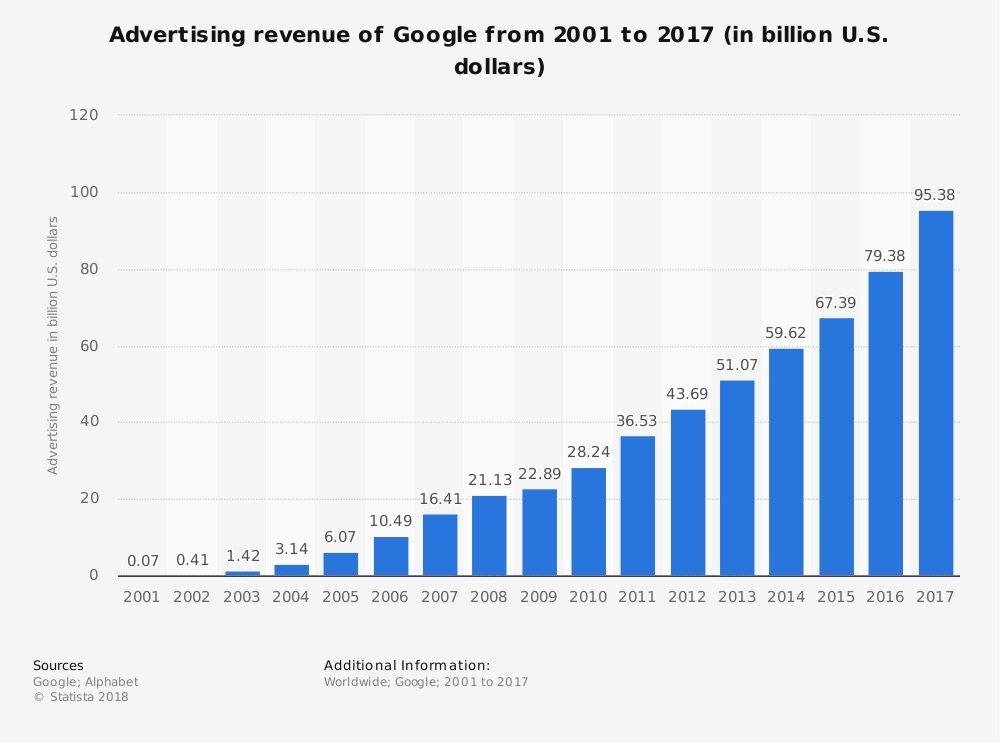
What is PPC?
PPC stands for Pay-Per-Click Advertising. It is a way of advertising in which the advertiser pays for click on the advertisement of the product/service. There are various channels which can bring traffic to your website eg. Direct, Organic, Paid, Social, Referral and Email. Of these the biggest contributor is mostly Organic (in some cases because of brand being very famous brand, direct traffic may be higher). Organic traffic is driven by Search Engine rankings which in turn is impacted by Search Engine Optimization.
The biggest advantage of PPC is that you’re getting website visitors who are actively looking for your products and services.
PPC campaign platforms
As can be seen below, Google accounted for roughtly around 25$ of ad revenue generated in 2017. Google is the biggest platform for PPC ads. One can look at running the same on Facebook, Twitter, Snapchat, Bing, etc as well.

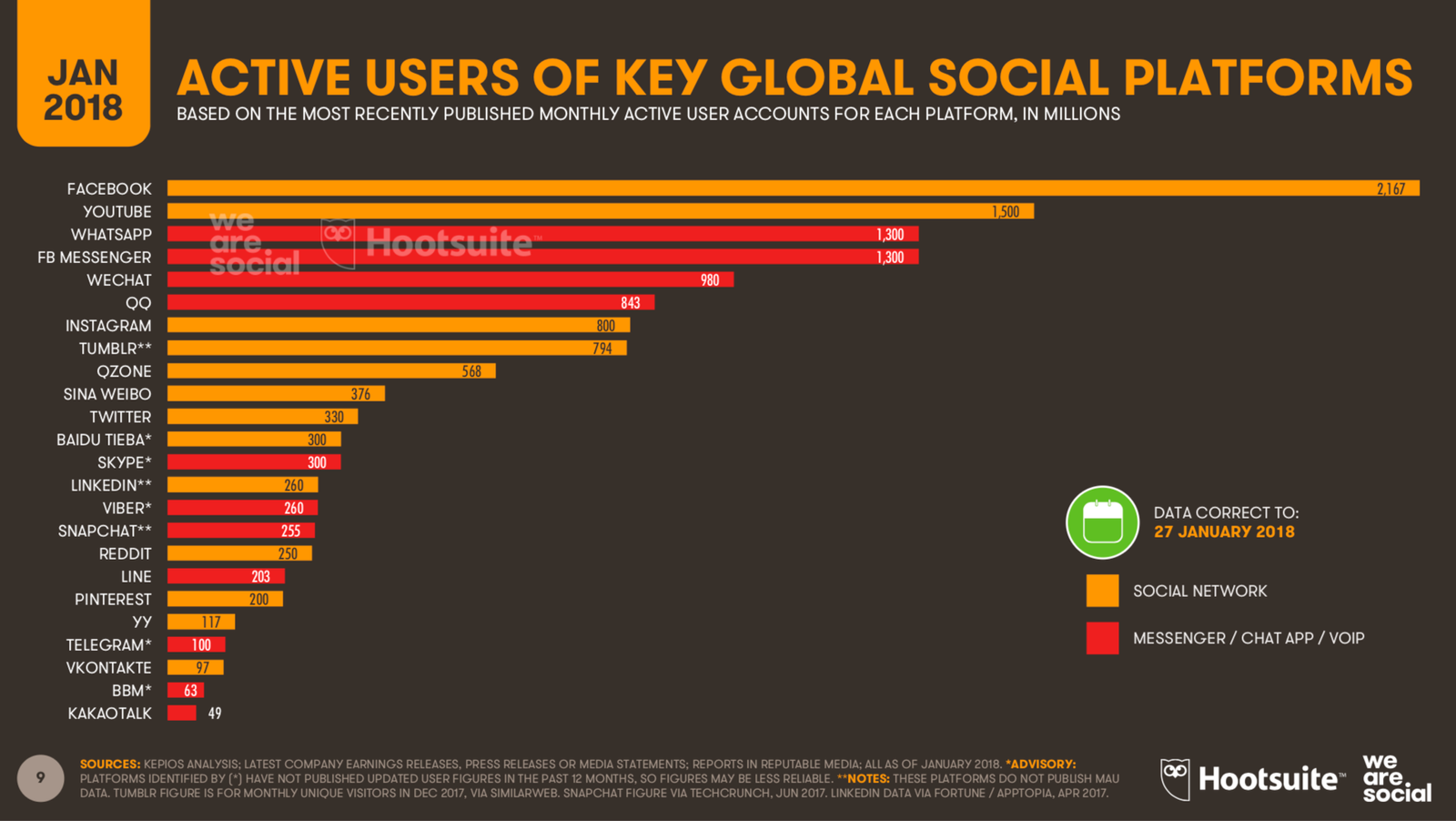
Bing:
As per a study, Google Adwords CPC works out 3 times costlier as compared to Bing. So it may be worthwhile to consider Bing also for PPC campaigns, even though its traffic is much lower as compared to Google.
Facebook:
Similarly Facebook has pretty large user base and close to 1.8 Bn people visit facebook every month. This alongwith its behavioural targetting capabilities gives advantage with respect to Adwords. Its lower CPC also is an advantage over Google.

Linkedin:
Linkedin Ads also work similar to facebook but in a professional scenario. For B2B campaigns Linkedin works best. As can be seen from hootsuite it has close to 280Mn active users at the beginning of 2018
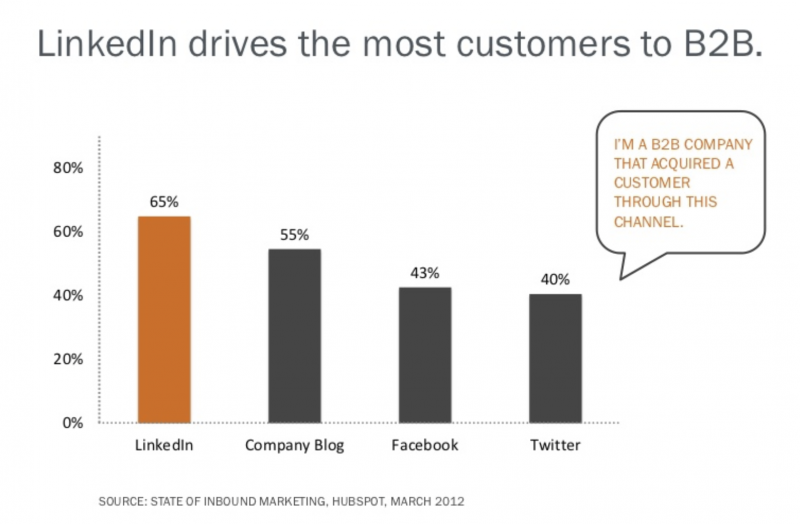
SEO vs. PPC
As organic results still account for more than 65% CTR on Desktop and almost 40% CTR on Mobile, it is one of the most significant contributors of traffic to any website. So should you focus on SEO or PPC? You should know that almost 93% of search queries do not have a commercial intent^1^. So mere ranking on google won’t make a difference unless the search results have a commercial intent behind it. So while SEO gives you free traffic, it is a long drawn game and may not immediately start resulting in returns. Moreover, there are a lot of informational, and navigational keywords that you will rank for before you start ranking for commercial intent keywords. This means that initially, you will get traffic, but that may not translate into any conversions.
Does that mean you should abandon SEO? As mentioned earlier SEO still accounts for the biggest chunk of clicks coming from SERPs. So, no, you should not abandon SEO as it will eventually pay off in the longer run. But in the short term, PPC continues to grow its dominance.
You get results faster than from inbound marketing. Inbound marketing is a slow result generator(unless your content goes viral, which is likely in one in a million cases). PPC offers quick results.
In fact, PPC complements your SEO Strategy. Through PPC you can get traffic to your website for relevant keywords. You can use these keywords in your SEO strategy and further generate traffic. Simultaneously SEO can help you improve your quality score. This will result in higher ROIs on PPC campaigns.
So in a nutshell, SEO and PPC are not enemies but complement each other in generating traffic and revenue for you.
The relevance of PPC:
Placement in SERPs:
As one can see in the image below, Google allows 4 top results(ads) to appear at the top of the Search Engine Result Page. This kind of placement at the top of the Search Engine Result Page(SERPs) is advantageous to any PPC Advertising campaign.
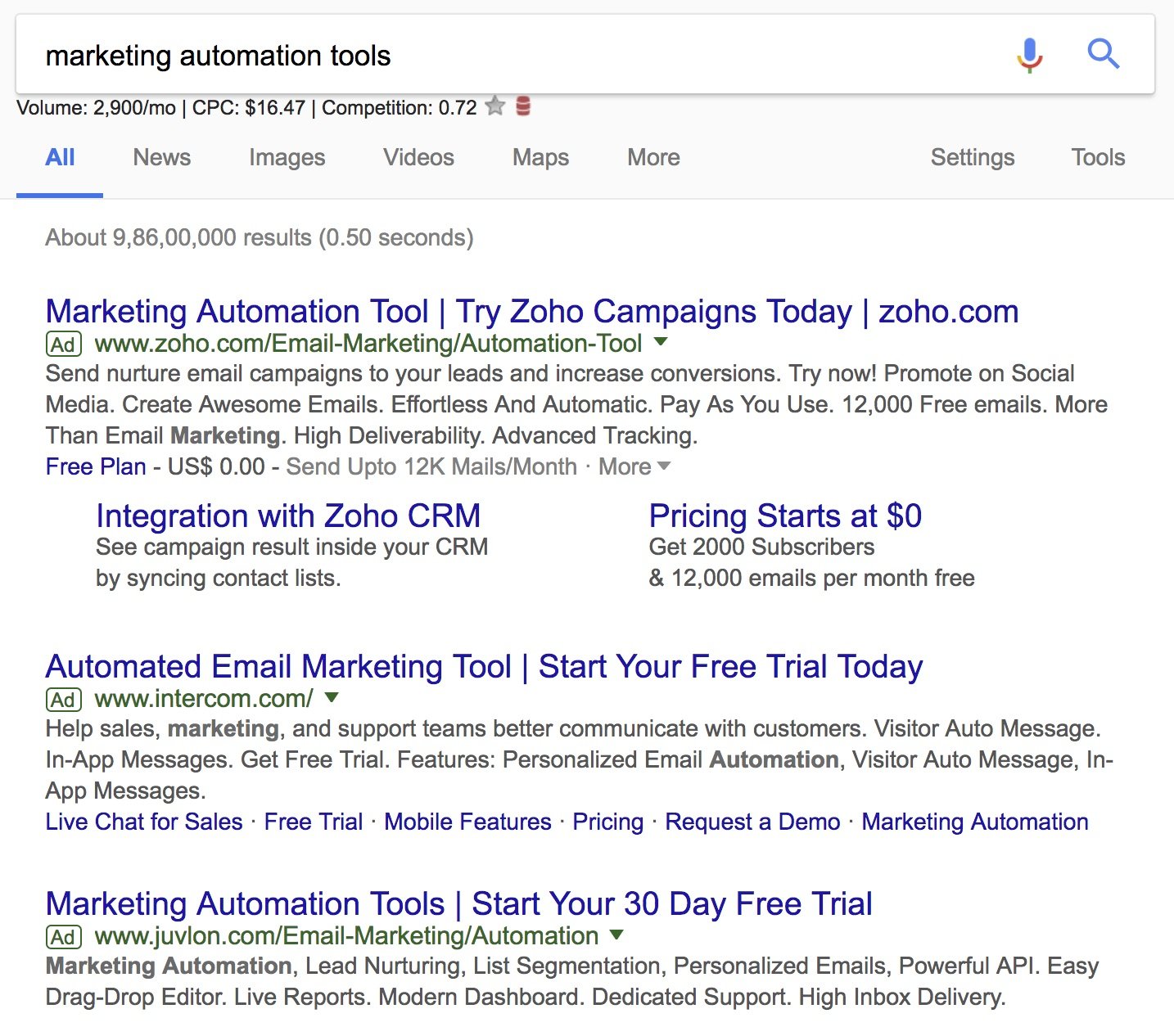
This advantage is furthermore pronounced when one looks at the Click Through Rates(CTR) of Paid ads Vs. Organic CTRs. As per a study done, desktop paid CTR even though minuscule as compared to Organic CTR, has been growing. When one looks at the same data for Mobile, the picture gets even starker there.
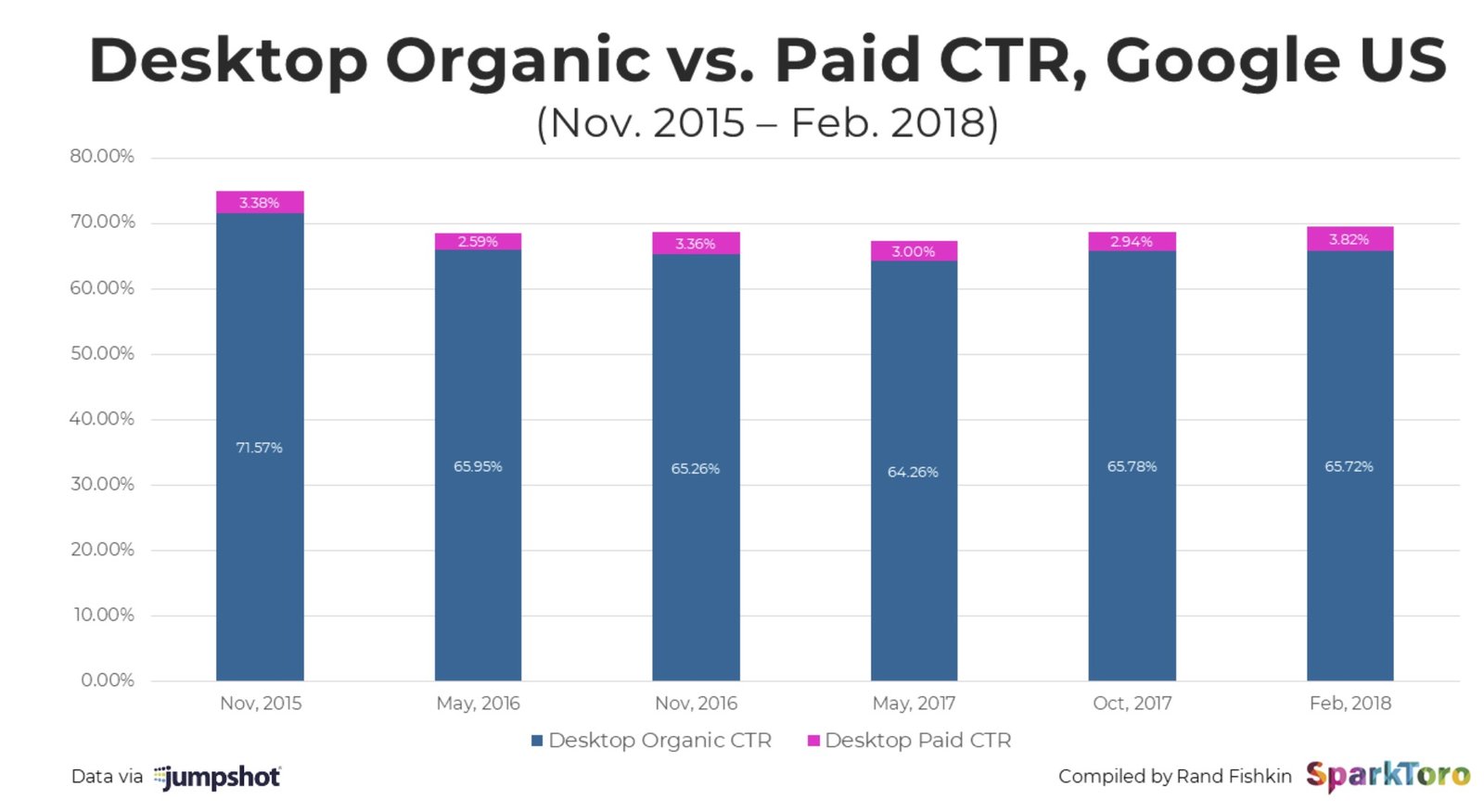
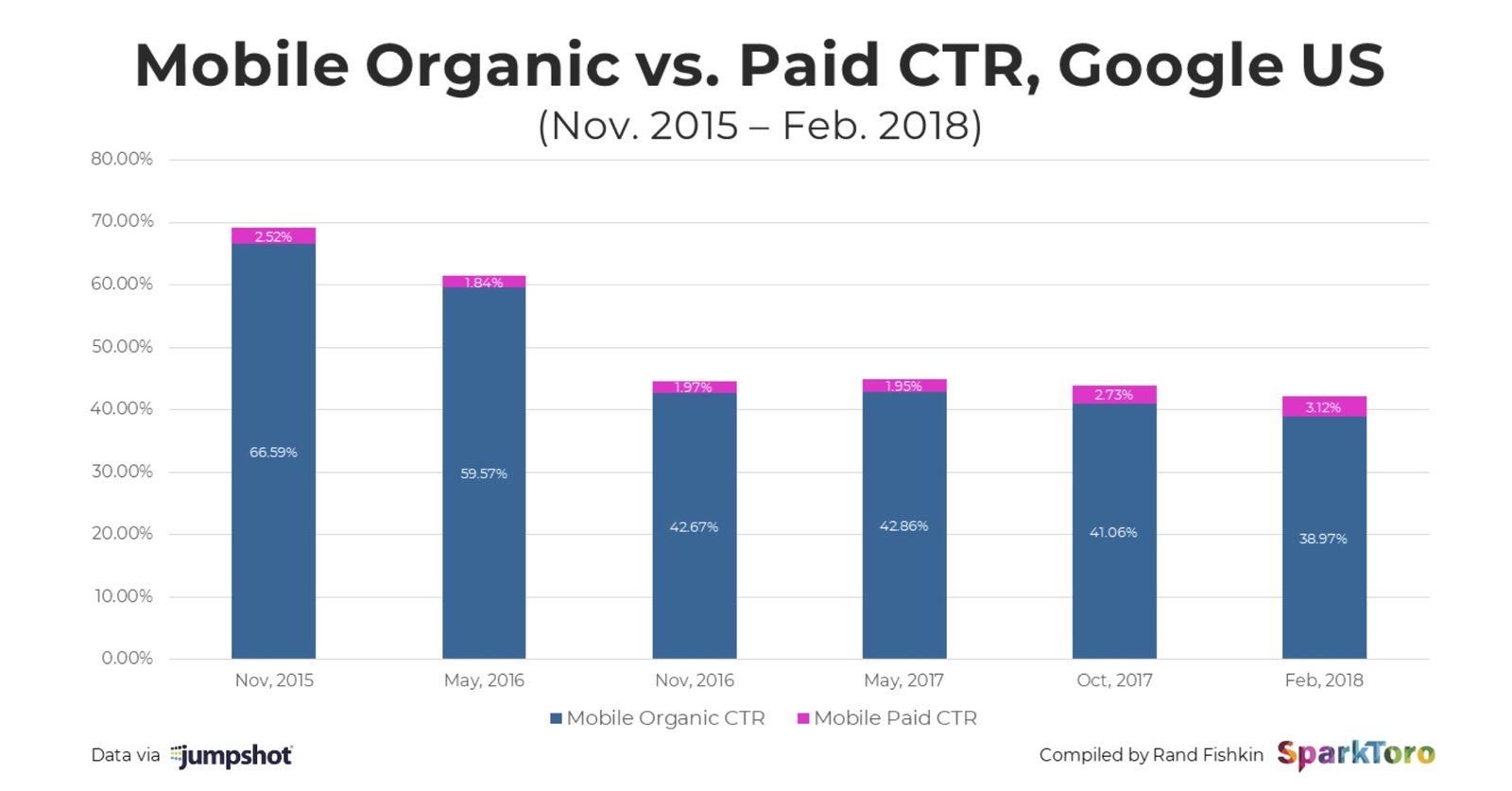
Instant measurable results:
With PPC it is possible to measure the result instantly. You do not need to wait for weeks for google to crawl your blog or website and then generate traffic. PPC advertisements will start showing MEASURABLE results almost immediately. You can start promoting your BRAND, products or services immediately with conversions that will follow. This results into High RETURN ON EFFORT. So if you are a startup on a meager budget and too little time to generate organic traffic, PPC advertising is still relevant for you.
Better targeting through a high level of ad customization
PPC advertising allows you to target with the very high level of ad customization. It is the ability to deliver relevant ads to the audience with customized messaging that results in immediate gains for any business.
Gives you a chance to test out targeting, keywords, & messaging
PPC advertising gives you a chance to test out the target audience, keywords and messaging. Lot of time when a new brand, product or service is launched there are certain assumptions that are made with respect to the target audience, what works and what does not work in the market etc. PPC advertisement becomes a platform to test these assumptions. Eg. a marketer may assume his target audience to be 25-34 females whereas the best response for ads could be coming from 18-24 females. This helps test not only the assumptions but also help marketers fine-tune the messaging for offline advertising.
It’s the easiest way to test if your product sells
Today in the era of MVP(Minimal Value Product), it takes time to figure out whether to junk the product/idea or continue to work on it. PPC advertising gives you the ability to test out your product, its need, assumptions about the market and immediately get your hypothesis tested. So gone are the days of waiting for field research data to come to figure out if your product will be a success or failure. With PPC advertising, you can expedite the entire process.
It’s extremely easy to scale:
Unlike inbound marketing, which is dependent on SEO for creating traffic, scaling up can be a very big challenge given the number of content articles/videos etc to be churned out which itself can take a lot of time. In the case of PPC, scaling up is easier. You can increase your budget, expand your relevant keyword list and continue to scale it up.
If you are writing the content yourself, it takes a lot of your time and leaves no bandwidth for promotion and other tasks that you may have. If you outsource the content generation there are gaps in the expected content quality.
Pay For Only The Clicked Ads:
Pay per Click is still the choice and easiest to run the campaign as advertisers pay for only advertisements that get clicked. With “No clicks” reaching a level of 61% on desktop, Pay per Click is the logical choice for most of the campaigns
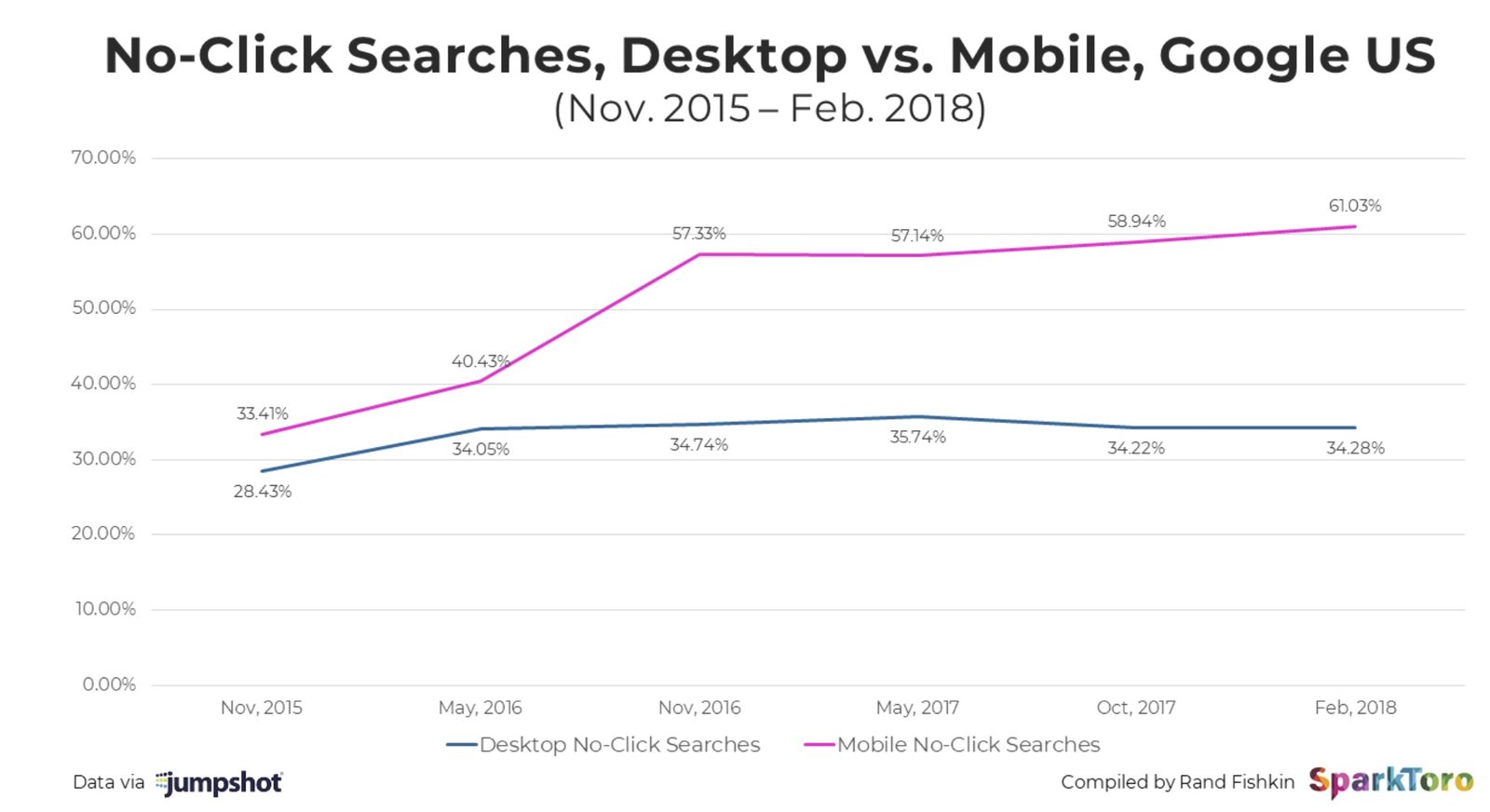
Budget Control
Budget control is one of the biggest advantages of PPC traditionally. You only spend as per what you can afford. You need not worry about your budget overruns etc.
Higher ROI
PPC advertising provides you with a lot of options for increasing and measuring your ROI. Eg in Google PPC ads, you can work on improving your quality score and decrease the cost per click. You can also do conversion optimization strategies for you to improve your Return on Investment.
Given the budgetary controls available and conversion data availability through conversion tracking, it becomes very easy to calculative Return on Investment with PPC ads.
Reference 1: https://www.wordstream.com/blog/ws/2012/09/07/organic-versus-paid-clicks

